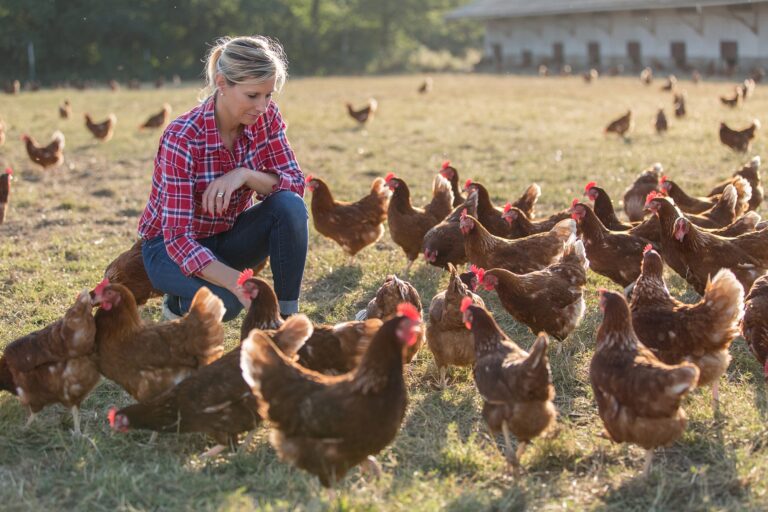Agriculture suffers from one of the highest suicide rates of any industry, and farmers are being advised to look out for the signs and take steps to protect their mental health
By Michael Barker
A new year should come with a wave of optimism, but for farmers January 2020 has been particularly challenging. In addition to the usual production and market-based issues they face, there’s the additional uncertainty caused by Britain’s departure from the EU and the fact that a record 350,000 people signed up for Veganuary, with all the anti-meat outpouring that goes with it. Farming is a stressful business.
The strain can come at a heavy price. The latest available government figures show that a sobering 339 people – 325 men and 14 women – working in the agricultural industry died by suicide between 2011 and 2015. Put another way, more than one farming professional a week is taking their own life, with the suicide rate far above most other industries and the average among the general population.
Fortunately, awareness of mental health and how to tackle it is improving, and charities and industry bodies are taking steps to make resources available. In January AHDB hosted a special webinar dedicated to the issue, inviting Vicki Beers, national partnership manager for the Farming Community Network (FCN), to discuss the issues and possible solutions. FCN is a charitable organisation with a volunteer-run helpline that assists over 6,000 farm professionals every year with a variety of issues from stress and ill health to overwork, money worries and loneliness.
“It is a risky and volatile industry, and a lot of the issues are completely beyond our control – animal disease, weather, politics – you’re dealing with lots of stress,” Beers explained. “And although we love the loneliness and isolation of our lifestyle, at times that can become a problem when you’re dealing with lots of other things. Then there’s the pressure from single-issue groups, rural crime, family pressure, not wanting to let people down.”
Between August 2018 and April 2019 FCN received over 300 calls related to financial concerns – often linked to the Basic Payment Scheme – with mental wellbeing coming in second at over 200 calls.
Beers says it’s important to be able to spot the signs of poor mental health. For an individual it could be anything from memory and concentration problems to ill judgement, negative thought patterns and anxious thoughts, or on the physical side, aches and pains, nausea, frequent colds and loss of sex drive. Unusual eating patterns and overuse of alcohol, cigarettes or drugs to relax are other tell-tale signs.
FCN is doing vital work, and other groups are taking steps too. Olly Harrison, NFU Lancashire chairman, has started a series of workshops dubbed RU Well Aware? to break down barriers around mental health. The particular angle is that they invite along people that interact with farmers – vets, agronomists, field reps and the like –to teach them to spot the signs of mental issues and how they can help. Other farmers have set up cluster groups to encourage each other to vent their stresses and offer mutual support.
It might sound simple, but one of the best things people can do is talk. For those worried about a friend or colleague, a simple mantra called Ask Twice encourages them to dig deeper when the person says they are fine, offering non-judgemental, calm support and being a good listener. For individuals struggling with life, connecting with others, being active and mindfulness are among the best ways to cope with the strain.
Above all, as mental health awareness goes mainstream, there is no shame or stigma in seeking help, and no need to suffer alone.
Where to go for help
FCN – fcn.org.uk / 03000 111 999
FarmWell – farmwell.org.uk
YANA Rural Mental Health Support – yanahelp.org
Social media – #AskTwice
AHDB – ahdb.org.uk/support-for-farmers

Previous ArticleAvian influenza: no room for complacency
Chloe Ryan
Editor of Poultry Business, Chloe has spent the past decade writing about the food industry from farming, through manufacturing, retail and foodservice. When not working, dog walking and reading biographies are her favourite hobbies.

